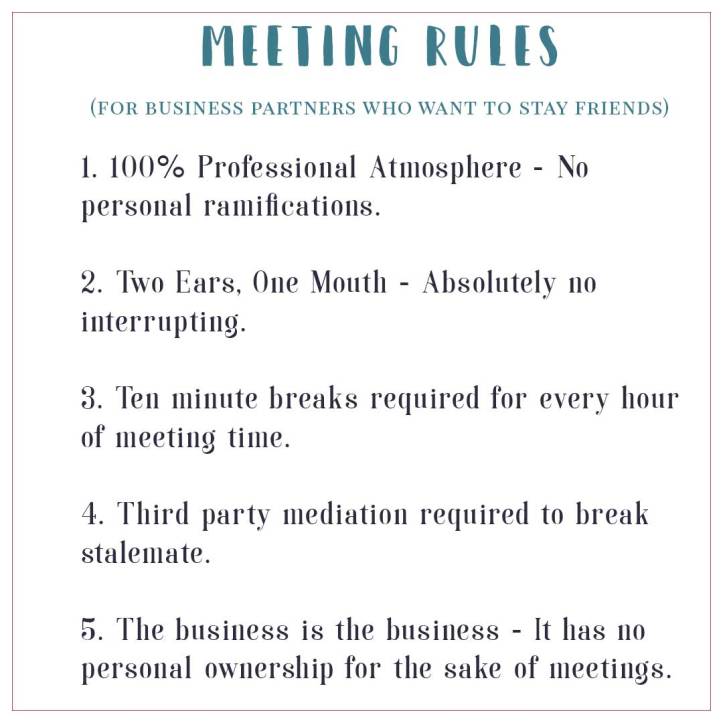Entrepreneurial thinking isn’t just for entrepreneurs. I recently spoke with a group of students from the University of Maine about entrepreneurial thinking and its relationship to adding value.
My personal entrepreneurial journey taught me a lot of things. It started with I was 18-years-old working with a group of students in Buenos Aires, Argentina on a project to add value to an internet radio startup. At first, I thought it was ludicrous that an MIT graduate who founded a business would want advice from a group of 18 – 22-year-old students. Then, I realized that entrepreneurial thinking wasn’t about your academic background or professional experience; it’s about how different life experiences influence your perspective and help to create a holistic solution to a perceived problem or opportunity.
Where Can You Use Entrepreneurial Thinking
How can you truly add value if you’re only doing what has already been done? (Elizabeth Greenberg)
This thought process can be applied: within an existing organization, for new business creation, to improve your personal life, to solve a social problem, or to grow an organization that you’re a part of.

The beautiful thing about this way of thinking is that it encourages collaboration. Once you recognize an opportunity to make something better, you identify the resources (i.e. people and materials) you need to see your solution come to fruition.
Q&A with the Students
Q: What is your advice for people who are just getting started? What are the first steps to getting your idea off the ground?
A: Research. By doing your due diligence and being thorough in your research process, you will gain:
- Consumer sentiment information.
- Deeper insight into the problem and other potential ways your solution could solve it.
- Qualified leads for product/service testing and launch.
- A network of people invested in your success.
My advice for doing this research:
- Create a set of questions, from which you will base your conversations. This gives some consistency to the data you receive and helps shape your conversations, so you respect peoples’ time and come across as prepared and serious about solving their problem.
 If you choose to create a survey, make sure that your questions are written at a 6th-grade reading level and do not lead responders to a particular answer or feeling.
If you choose to create a survey, make sure that your questions are written at a 6th-grade reading level and do not lead responders to a particular answer or feeling.- Ask if interviewees are willing to give you their name and contact information. If they are, consider asking them if they are also willing to help with product/service testing in the future.
- Follow-up and keep communication channels open. Become a familiar face and voice for your target market so that when your company launches, you have a network of emotionally invested people to leverage.
Q: How did you manage to balance starting your business and going to school?
A: Regarding work-life balance, I am still only mediocre at managing my time. I made the decision while I was in school that finishing my degree was just as important as launching my business. As a business major, I was able to draw parallels between my class work and company development. Also, I leveraged the hours that other students used to nurse their hangovers and worked through the weekends to stay on top of both the business and my school work. While I still attended parties and social gatherings, I limited myself to one event per weekend and tried to complete my school work during the weekdays between classes. Despite being a night owl, my 8:00 AM classes definitely enabled me to get a lot more done because they forced me to get out of bed.
Q: You suggested that we work with a partner, but what is your advice for working with a partner and balancing different personalities?
A: It’s unfortunate, but common, that people feel as though respect and intelligence can only be earned through being able to do everything yourself. We are not meant to do everything ourselves, and if we try, we will remain mediocre. I recommend having a partner or two and leveraging your network to fill in the gaps. That being said, it’s paramount to create a contract agreement for your team to follow. Determine how stalemates will be broken, what the equity split will be, how meetings will be conducted, and what rules need to be followed along with the repercussions for breaking them.

Q: Do you ever encounter big road blocks that make you feel like you want to quit or close up shop?
A: This kind of exhaustion and doubt occurs regularly for me. Trying to build up a business is harder than I could have imagined. Some days I’m spread so thin that my brain just shuts down and I have no idea if what I’m doing is the right thing. At age 25, I see a lot of my friends who have healthcare, a retirement plan, and a steady paycheck every week. It looks comfortable, and sometimes that comfort is very enticing. Be sure that you have a good reason for starting your own business. Whenever I think of closing up, I think of the women I’m helping by providing jobs, and the nursing home and hospital patients that smile because they can receive our products.
Recommended Books for Entrepreneurs
Learn how to use the “Business Model Canvas” with:
Business Model Generation: A Handbook for Visionaries, Game Changers, and Challengers
Recommended by my former entrepreneurship professor, Gary Palin:
The Monk and the Riddle: The Art of Creating a Life While Making a Living
Given to me by a lifelong friend and woman working in corporate America, Stephanie Schwartz:
A favorite of mine on social enterprise, from the founder of TOMS Shoes:
Another recommendation by business professors at Elon University (especially recommended if you’re a poker player!):
All In Startup: Launching a New Idea When Everything Is on the Line

